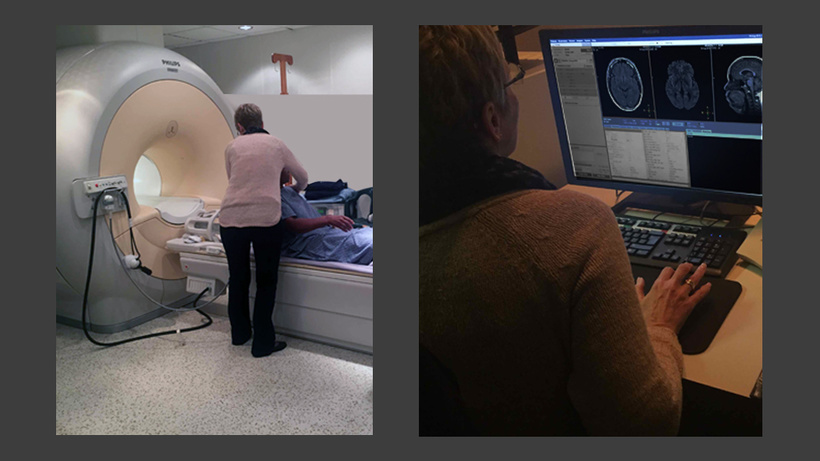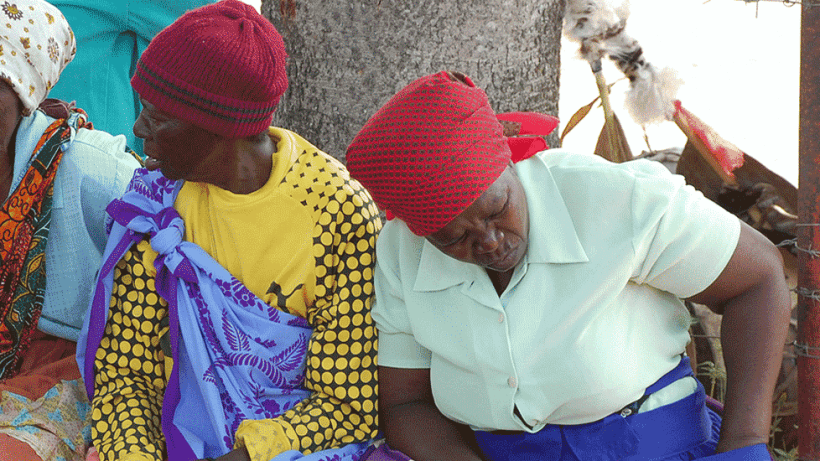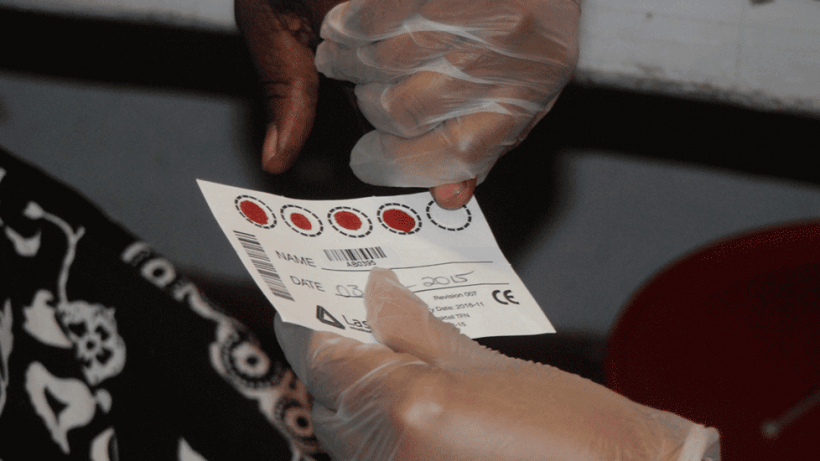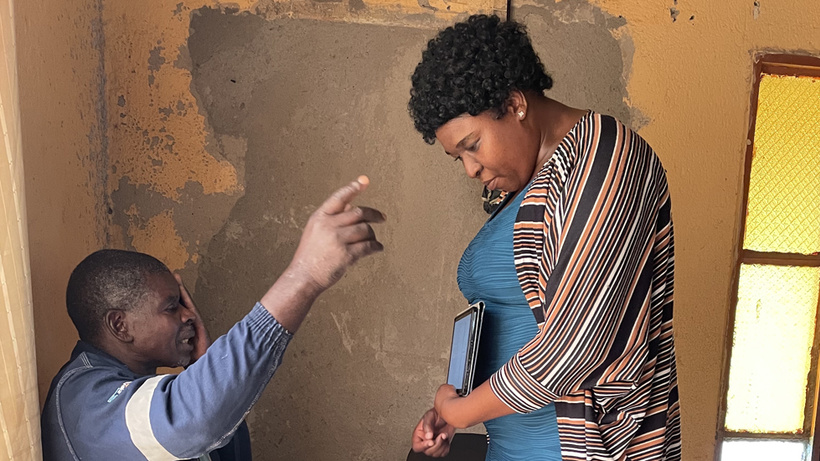HAALSA consists of four main projects. While the individual projects have specific aims, they are tightly integrated with each other. The main objectives of each project are described below:
Focal Areas
Project 1: PI, Lisa F. Berkman
Cognitive Function & Dementia
Most work on dementias comes from high-income countries where landmark studies have identified risks, prevalence, and costs of dementia. Little is known about dementia in low- and middle-income countries. Due to the burden of HIV, the legacy of apartheid, and low levels of educational attainment, South Africa may exhibit distinct epidemiological patterns of dementias and provide novel insights into risk and protective factors for development of cognitive decline. We implement measures harmonized with the global Health and Retirement Study (HRS) and Harmonized Cognitive Assessment Protocol (HCAP) networks to enable cross-national comparisons of dementia and its risk factors. Project 1 leverages our deeply phenotyped HAALSA Indepth cohort to identify causal pathways underlying cognitive trajectories and applies well-validated neuropsychological assessments to a nationally representative sample. These data will provide the first national estimates of dementia prevalence in South Africa.
With this context in mind, the Cognitive Function & Dementia project has 3 aims:
- characterize the incidence and progression of mild cognitive impairment (MCI) and dementia in relation to neurodegeneration and ADRD neuropathology in the enriched Agincourt-HCAP cohort by examining longitudinal change in magnetic resonance imaging (MRI) markers of brain aging and incorporating plasma markers of ADRD to assess associations with dementia symptoms;
- refine and validate the HAALSA Global Cognitive Screen, HAALSA-HCAP, and HAALSA dementia algorithms for South African nationwide surveys of dementia;
- examine the impact of social factors, including novel indicators of educational quality and social connection, on participants’ cognitive function and change trajectories.
Project 2: Co-PIs, Stephen M. Tollman & Thomas Gaziano
Cardiometabolic Disease
In the wake of epidemiologic, social, and economic transitions, cardiometabolic disease (CMD) has become the leading cause of death globally. South Africa is in the midst of these transitions, and the population is rapidly aging. Yet, reliable data on the rate of change in CMD and its risk factors in South Africa and sub-Saharan Africa remain scarce. In South Africa, CMD risk is further exacerbated by interactions with HIV/AIDS. Coupled with longer life expectancy, CMD may also contribute to cognitive impairment and dementia in African populations.
The goals of the Cardiometabolic Disease project are to:
- elucidate the trajectory and scope of CMD and novel CMD risk factors in the HAALSA cohort in rural Agincourt and nationally;
- examine the relationship between vascular risk factors and cognitive function, MCI, and dementia in an HIV endemic aging population;
- evaluate the potential impact of recent health and social policies implemented to reduce CMD on cognitive decline, MCI, and dementia.
Project 3: Co-PIs, Till Bärnighausen & Kathleen Kahn
HIV & Treatment
The benefits and side effects of antiretroviral therapy (ART) are fundamentally changing the age composition and multimorbidities of people living with HIV (PLHIV) in South Africa, which has the largest number of both PLHIV and people receiving ART globally. Aging PLHIV are likely to suffer from substantial cognitive impairment and dementia, physical impairment, and multimorbidities. These impairments and morbidities are likely distinct from those that people without HIV suffer from because of the: long-term effects of HIV infection; side effects of long-term ART; and psychosocial, behavioral, and structural characteristics of PLHIV.
To fill a knowledge gap that is critical for health, aging, and social policy in South Africa, the HIV & Treatment project aims to:
- quantify the national prevalence of cognitive and physical impairment across the HIV care continuum in South Africa;
- identify the distinct multimorbidity profiles of people aging with HIV and ART in South Africa, using clustering analyses of biomarker, anthropometric, and cognitive and psychological data on a range of diseases and conditions;
- utilize quasi-experimental methods to establish the long-term effects of HIV and ART as well as the psychosocial, behavioral, and structural characteristics of older PLHIV on cognitive impairment, physical impairment; and chronic multimorbidity in South Africa.
Project 4: Co-PIs, David J. Canning & Murray Leibbrandt
HAALSA National
We will add a nationally representative cohort to the existing HAALSA Indepth cohort, allowing us to conduct the first nationally representative study of cognitive function and dementia in South Africa. Our broad array of health and socio-economic measures will be collected from a national cohort, making ours the first study from a Sub-Saharan African country to be included in the international family of Health and Retirement Studies (HRS) and allowing comparative research between HAALSA and HRS sister studies.
Our aims are as follows:
- recruit participants and collect the first wave of data for the HAALSA National cohort, a nationally representative longitudinal cohort of 4500 people 40 years of age and older (and their partners), to study healthy aging and cognition in South Africa. The detailed HCAP battery is administered to a subcohort which allows us to derive predictive algorithms for ascertainment of MCI and dementia in the full National cohort;
- estimate the rate of cognitive impairment in our National cohort and investigate how cognitive ability varies by SES in South Africa;
- study the generalizability of estimates of the determinants of cognitive decline, MCI, and dementia from the Agincourt community to the National level and pilot extending the survey to additional communities in the South African Population Research Infrastructure Network (SAPRIN).





